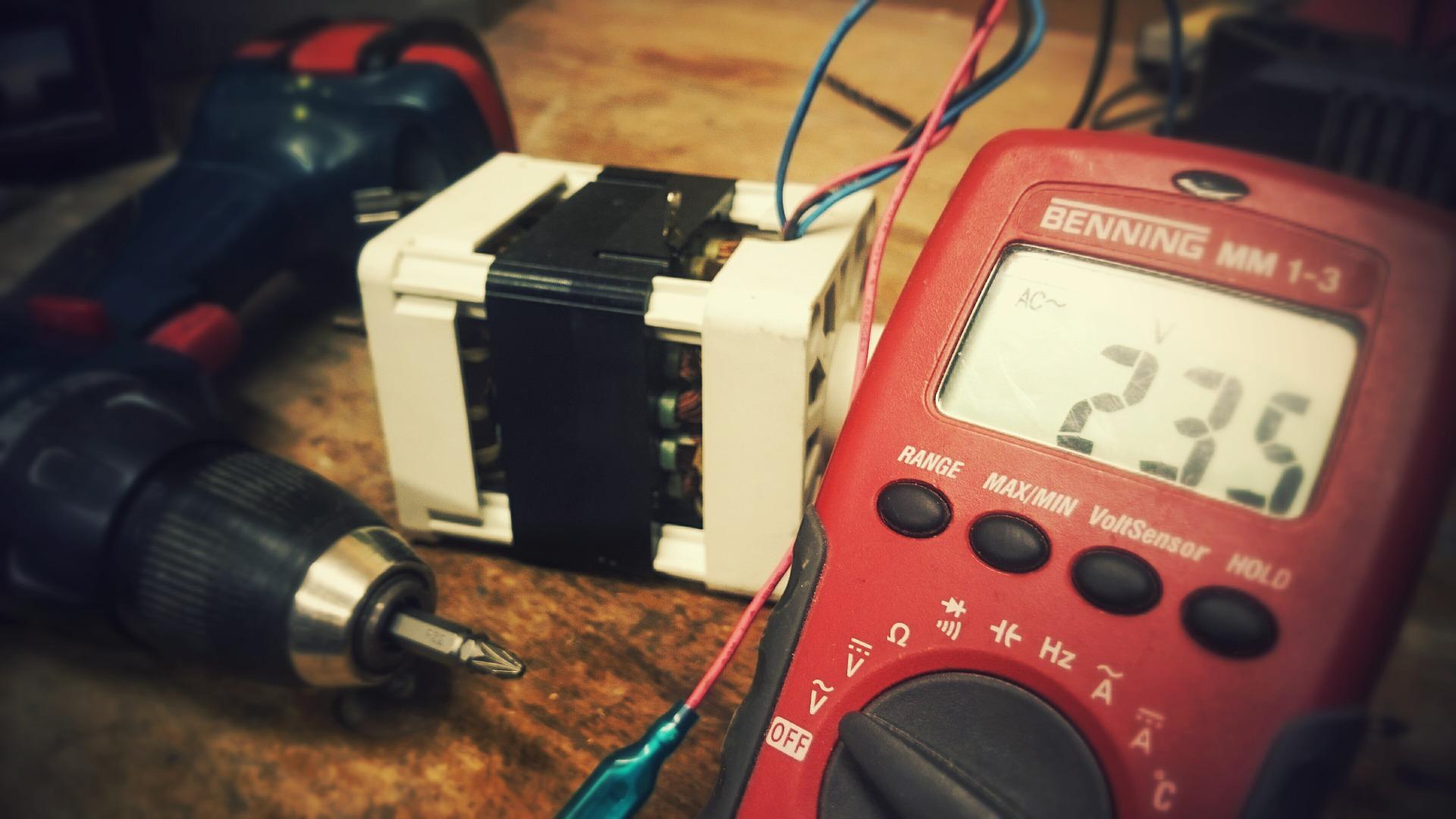Measurement is one of the most important aspects of any business. Without accurate measurements, it can be difficult to make informed decisions and track progress. To ensure the accuracy of all your business-related measurements, you should take a few simple steps.
Here are six ways to accurately measure your business-related measurements.
Develop a System
The first step to ensuring accurate measurements is to develop a system. This system should be designed to track all of the data and information related to your business. This data can then be used to generate accurate measurements. There are a variety of ways to develop a system, so it is important to find one that works best for your business.
For instance, you may want to consider using a spreadsheet to track your data. This method can be very effective, but it is important to ensure that the data is properly entered into the spreadsheet. Otherwise, the measurements may not be accurate.
Another option is to use a software program designed specifically for tracking business data. These programs can be very helpful in ensuring accuracy.
The Measuring Tools and Machines
The second step is to make sure that you are using the proper measuring tools and machines. If you are not using the right tools, your measurements may not be accurate. It is important to use the proper tools for each type of measurement. For instance, if you are measuring distance, you should use a ruler or a tape measure. If you are measuring the temperature, you should use a thermometer. If you are measuring the pressure, you should use a pressure gauge.
On the other hand, make sure that all the machines and tools are fully loaded with the proper data. You should check the load cell, level sensor, and other data-collecting devices to see that they are all measuring the correct values. When you cannot rely on your measuring tools and machines, your business’ measurements will not be accurate.
The Data Sources
In addition to using the proper measuring tools and machines, it is also important to use accurate data sources. This means that you should only use reliable data sources when collecting information for your measurements. For instance, if you are measuring the temperature, you should only use data from a reliable weather source. If you are measuring the pressure, you should only use data from a reliable pressure gauge.
You may also want to consider using multiple data sources when collecting information for your measurements. This can help to ensure accuracy by providing a more complete picture.
The Units of Measurement
It is also important to be consistent when using units of measurement. This means that you should use the same units of measurement for all of your measurements. For instance, if you are measuring the temperature in degrees Fahrenheit, you should also measure the pressure in pounds per square inch.
However, you may want to use different units of measurement for different types of measurements. For instance, you may use inches to measure the length of a piece of wood, but you may use centimeters to measure the length of a piece of metal.
Make sure that you are aware of the different units of measurement and that you are using them correctly.
The Sampling Methods
Another important factor in ensuring accuracy is to use the proper sampling methods. This means that you should only collect data from a representative sample. For instance, if you are measuring the temperature in a room, you should only take a few readings from different parts of the room. You should not take a single reading and then assume that it is representative of the entire room.
On the other hand, if you are measuring the pressure in a room, you may want to take multiple readings from different parts of the room. This can help to ensure accuracy by providing a more complete picture.
The Calibration
Finally, calibration is the process of adjusting a measuring device so that it gives accurate readings. This is important for all types of measuring devices, including pressure gauges, thermometers, and rulers.
It is important to calibrate your measuring devices regularly. This will help to ensure that they are giving accurate readings. Depending on the type of device, you may need to calibrate it more or less often.

To ensure the accuracy of all your business-related measurements, you should take a few simple steps. By using the proper measuring tools and machines, accurate data sources, consistent units of measurement, and representative sampling methods, you can minimize inaccuracies in your measurements.
Additionally, you should regularly calibrate all your measuring devices. This will help to ensure that they are giving accurate readings.
